By Tony Lentini, USMA ’71, Army Captain
Founding member of the MacArthur Society of West Point Graduates
There are three people who, more than anyone else, influenced my life and helped make me a success: my parents and my first platoon sergeant when I was a second lieutenant fresh out of West Point.
Sgt. Heywood Smith pulled me aside my first day on the job.
“Sir, there are a few things we need to get straight: You command the platoon, but I run it,” he told me. “If someone asks for time off, send him to me. Please stay out of the barracks before inspection; you will only distract the men. Should the company commander find problems, you can chew me out … but he won’t. One more thing, sir: Your hair could use a little trim.”
He was right on all counts and I followed his advice to the letter.
Shortly thereafter, Sgt. Smith again pulled me aside.
“Let me tell you how we do things in this platoon,” he said. “We don’t give Article 15s (non-judiciary punishment for minor infractions); the fines just make things worse for a soldier already in trouble. I will personally handle the discipline with extra duties. Also, we have a kitty fund for emergencies, such as if someone’s parent dies and he doesn’t have the airfare. Each soldier contributes a dollar a month, I put in $5 and you put in $10. When someone borrows money, he pays it back, plus a dollar, and when the fund gets too big, we hold a platoon party.”
“That’s a great idea, Sgt. Smith,” I replied. “I’m in.”
“There’s more,” said Sgt. Smith. “When a soldier gets into difficulty, it tends to snowball. That’s why when someone in another platoon is having a hard time, we take him into our platoon and wipe the slate clean with the understanding that he will make significant improvements in return. It works almost every time.”
“Another great idea, Sgt. Smith,” I replied.
That’s the way we ran our platoon. Many of our soldiers were Vietnam veterans and short-timers, but we functioned as an extremely efficient fighting force because everyone knew we had each others’ backs.
Thanks to Sgt. Smith’s inspiration and guidance, I became an effective leader. The men knew I respected and cared for them and responded in kind. Our platoon was the best in the entire battalion.
In the field, in tank gunnery, in maintenance, in every aspect of soldiering, we excelled, all thanks to Sgt. Smith.
Instead of spending time every day in the company motor pool, performing boring minor maintenance or area cleanups, I would take our platoon out to the field and practice maneuvers, with every soldier in every tank rotating to every position. Some would play platoon leader or platoon sergeant so that in the event of my or Sgt. Smith’s death or incapacitation in combat, everyone in the platoon had the skills and the knowledge to take over.
All of this was thanks to the wisdom and guidance of Sgt. Smith. He and my Army officer father were the two best soldiers I have ever known, and I carried the leadership lessons learned from them throughout my career, military and civilian.
When I left my platoon for another assignment, Sgt. Smith paid me the ultimate compliment: “Sir, I would gladly serve with you in combat.”
I replied, “I would hope so, because you are the one who taught me.”
Sgt. Smith and I shared canteens, hardship, and personal stories. We stayed in touch and sought out one another for advice for the rest of his life.
we died at age 84 in 2019.
I am white. Sgt. Smith was black. He and I loved one another as good friends do.
In the Army, Sgt. Smith used to tell people, “The only color in this Army is olive drab (the color of our uniforms).”
He and I were impartial to all and everyone in our diverse platoon understood and appreciated that and would have died for his fellow troopers.
We had what always made the American fighting man a winner: unity, integrity, camaraderie, and the knowledge that we would all take care of one another while completing whatever mission we undertook.
Sgt. Smith’s example is why I know with absolute certainty that all the woke nonsense infecting our military and our service academies today — the so-called diversity, equity, and inclusion agenda, critical race theory, transgender indoctrination, and the false portrayal of America as irredeemably racist — is bigoted, divisive, hateful, and contrary to the mission of fighting and winning wars.
They undermine the very things that make our armed forces so effective, the values that Sgt. Smith spent his entire career building: unity and trust.
Wokeness is antithetical to military service, and every good soldier knows it.
Tony Lentini graduated from West Point in 1971 and served as a captain in the U.S. Army. He is a founding member of the MacArthur Society of West Point Graduates and a member of STARRS (Standing Together Against Racism and Radicalism in the Services).

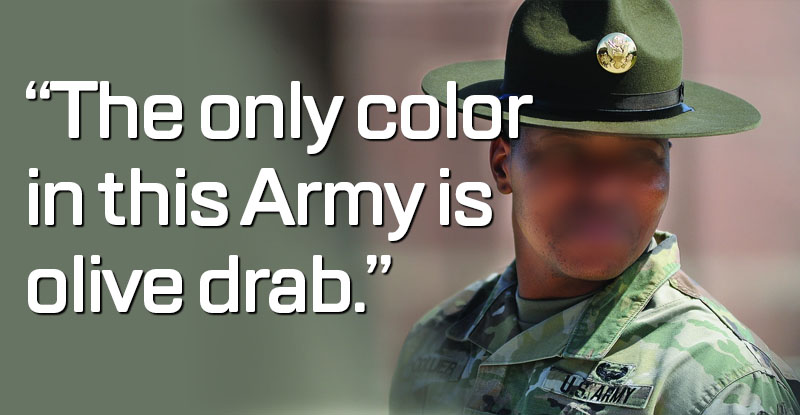
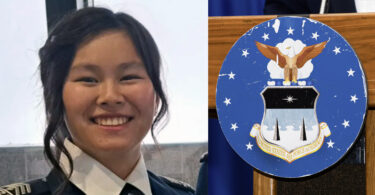
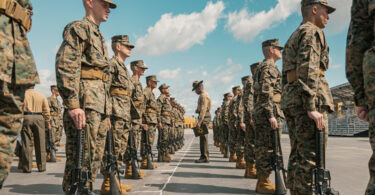
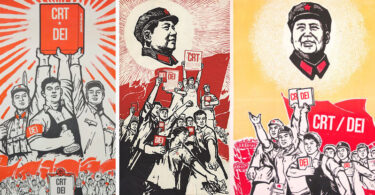
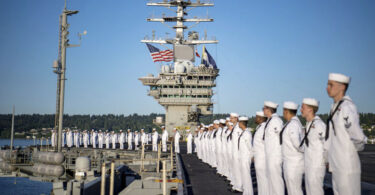


Leave a Comment